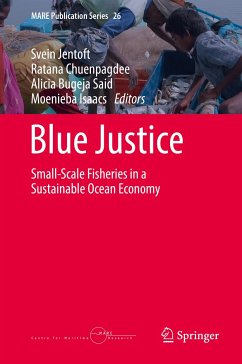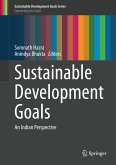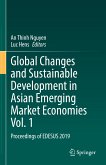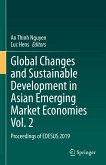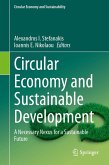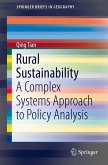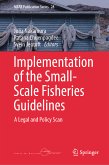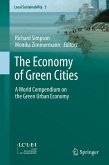"Through the Blue Justice paradigm, this book flags the relevance of recognizing the potential impact that different factors, including the Blue Economy approach, could bring to fishing communities, their livelihoods, cultural traditions, and other potential multidimensional conflicts. Vulnerability in fishing communities can increase and inequalities can be reinforced at different levels if individuals and community capabilities are not strengthened... A first of its kind, not to be missed, this book is informative, purposeful, and pertinent in an era of change".
Silvia Salas, CINVESTAV, Marine Resources Department, Mérida, Mexico
"The studies reveal that Blue Justice is a 'governability' issue,which requires establishing 'right' institutions, that are transdisciplinary (integrated), participatory, and holistic. It is implicit from these writings that the SSF Guidelines and Blue Growth initiatives do not form two different discourses, and that the implementation of the former would resolve many of the justice issues caused by the latter, in favor of small-scale fisheries and their communities".
Oscar Amarasinghe, Professor & Chancellor, Ocean University of Sri Lanka and President, Sri Lanka Forum for Small Scale Fisheries (SLFSSF)
Dieser Download kann aus rechtlichen Gründen nur mit Rechnungsadresse in A, B, BG, CY, CZ, D, DK, EW, E, FIN, F, GR, HR, H, IRL, I, LT, L, LR, M, NL, PL, P, R, S, SLO, SK ausgeliefert werden.

